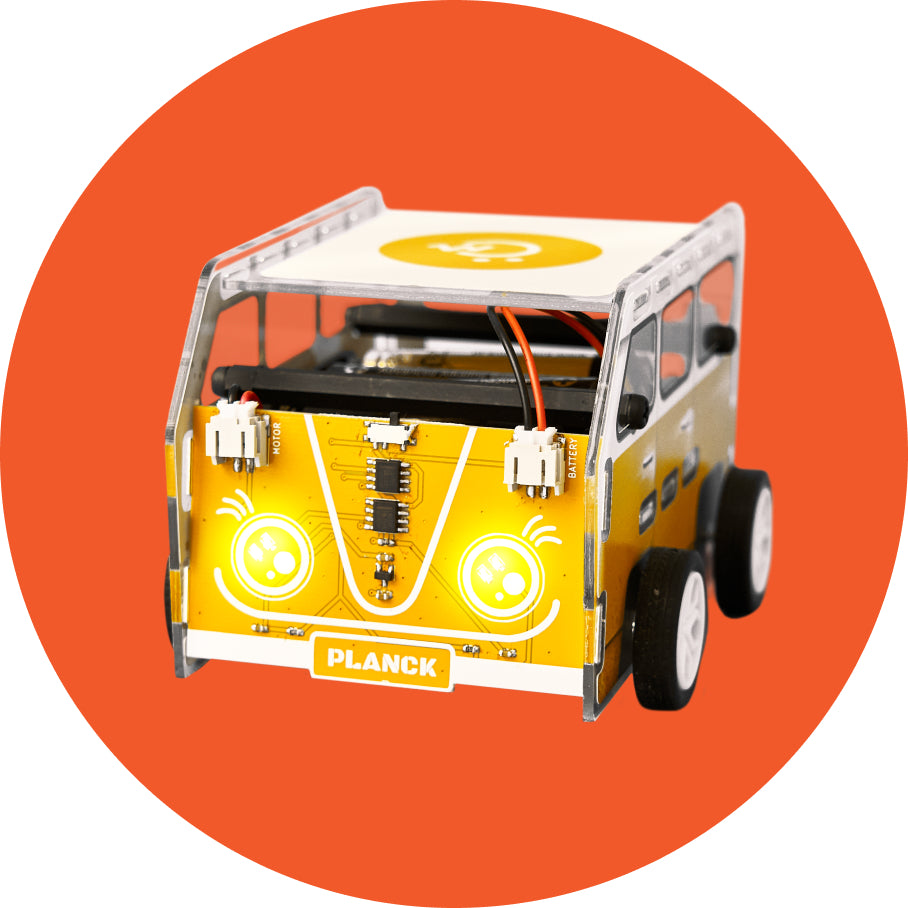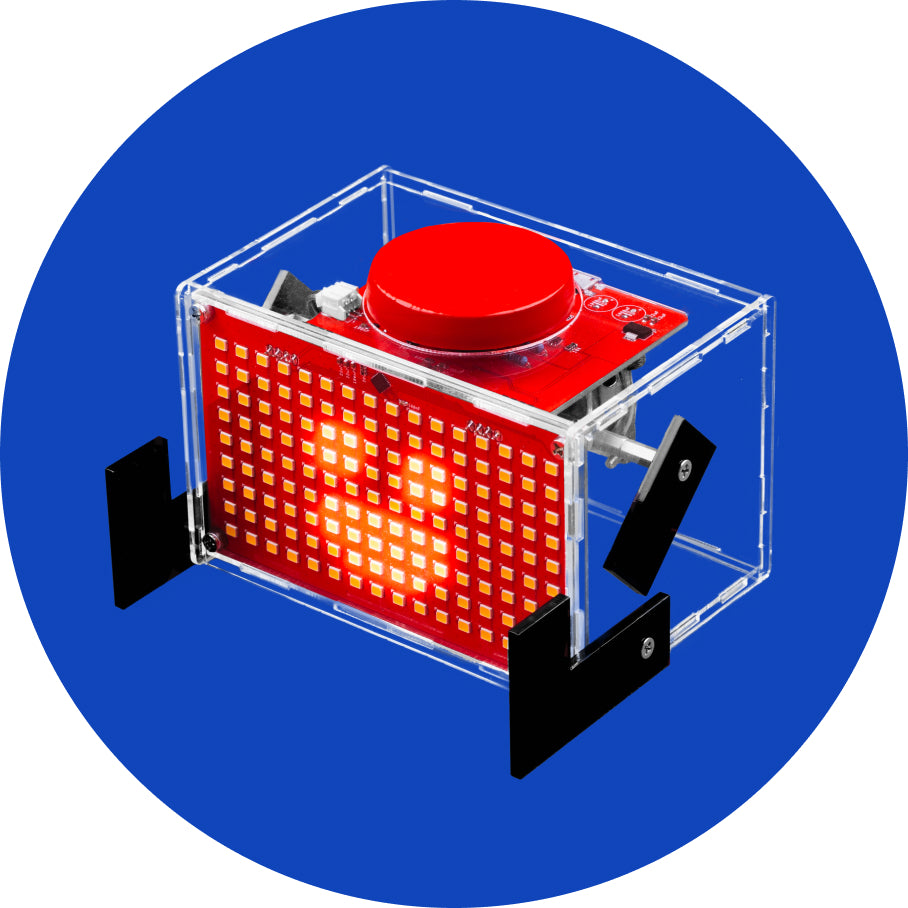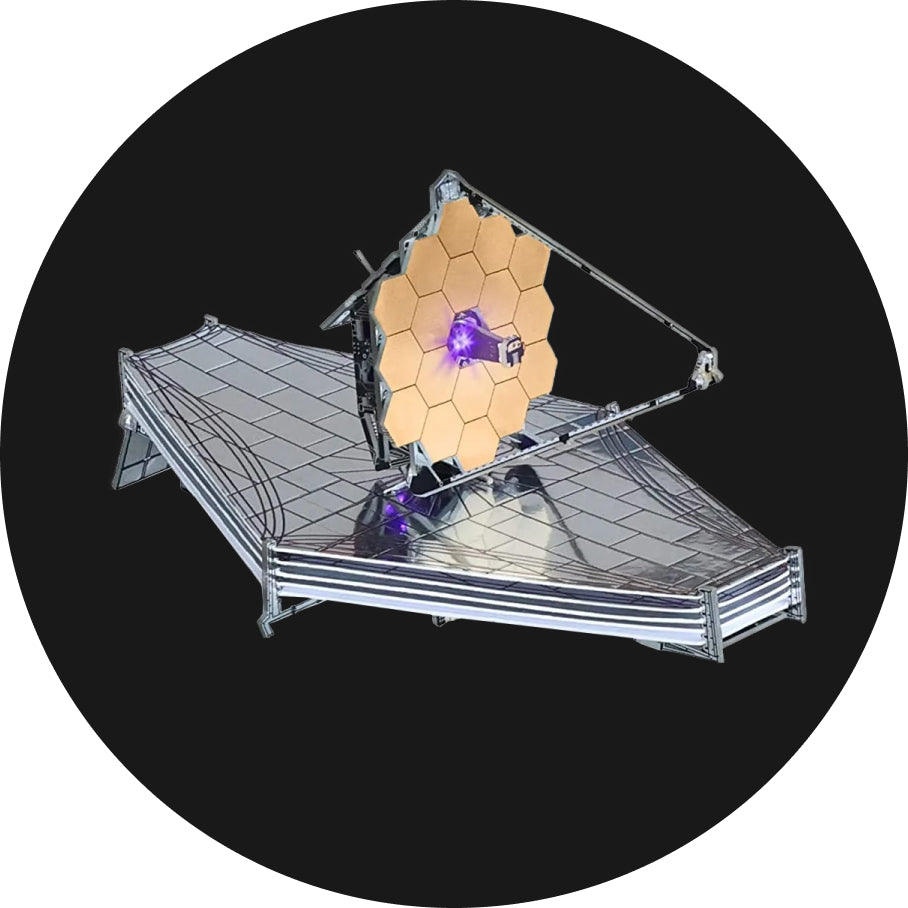How to choose the best STEM project for kids?
With tons of different STEM projects and activities available nowadays, it’s not an easy task for a parent to find a project that will at the same time be truly educational and keep their child engaged while learning.
So, we’ve created a basic checklist of what to consider when choosing the best STEM toy for your child:
- Your child's age
- Your child's interests
- Which STEM subjects your child likes
Now, let's explain each of these factors in more detail.
1. Your child’s age
Not all STEM toys are suitable for every age range so the easiest way to start is to look at kits suitable for your child’s age and experience level.
For example, if your child is 7 you might look into kits that don’t require a long assembly time as their attention span might run out before they finish the project.
For the older kids (9-11+ years old) you can start looking into more complex projects. With developed abstract thinking, your child will be able to grasp the concepts such as Artificial Intelligence, machine learning and more.

2. Your child’s interests
Obviously, not all kids like the same things. So, it’s important to find a project that will keep them engaged. Being engaged with what they’re doing will encourage them to go in-depth about how the toy works, what each part of it does, and how it all fits together to make a working device.
If you’re not sure what science project your kid will like, you can try a STEM subscription box. Subscriptions are a great way to let your child try out different things and find what interests them the most.

3. Which STEM subjects your child likes
STEM is a very broad term so it’s best to figure out which STEM topic your child responds best to so as not to overwhelm them with too much information.
For example, if your child can’t stop asking how things work or taking things apart and putting them back together, look into DIY electronics projects. There’s no better way to encourage a kid's curiosity than to give them a kit they have to assemble themselves.
With the hands-on approach they’ll learn while having fun, and more importantly, get a sense of accomplishment and be proud of what they’ve done once they complete a project.

If your child likes computers and you’d like to get them started off with programming from an early age, you might want to look into projects including block coding.
Block coding is beginner-friendly and will give your child a basic understanding of how coding works and encourage them to keep exploring what they can do with programming.

Hopefully, these tips will help you make the decision on which STEM kit to get for your child a little bit easier.
Don’t forget to keep the focus on your child’s interests and always encourage them to be curious and you'll both have a great time exploring STEM.




